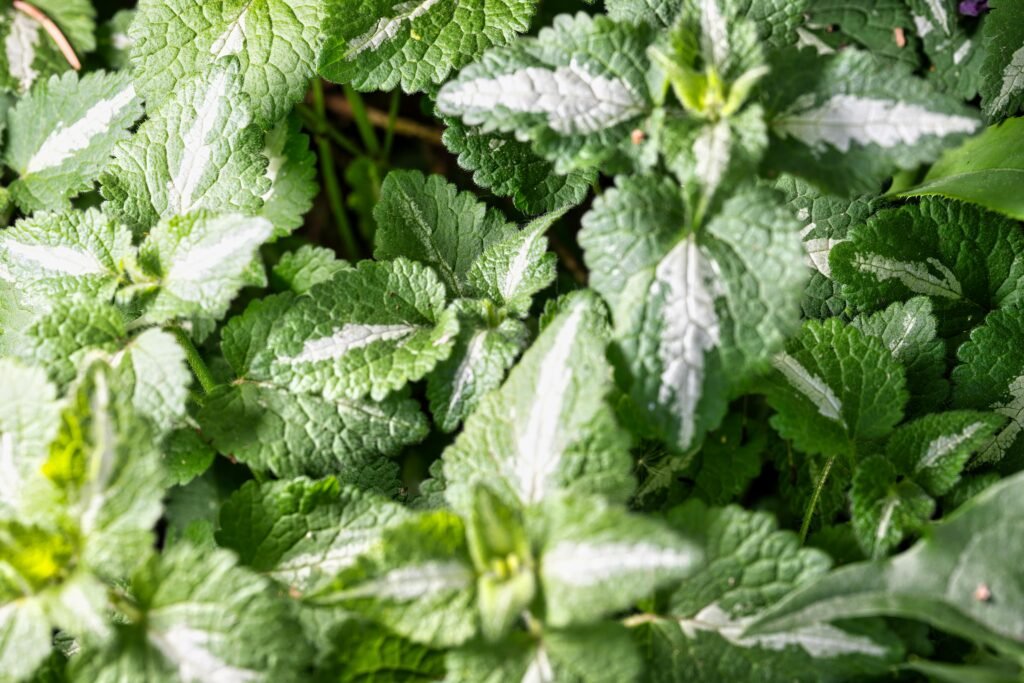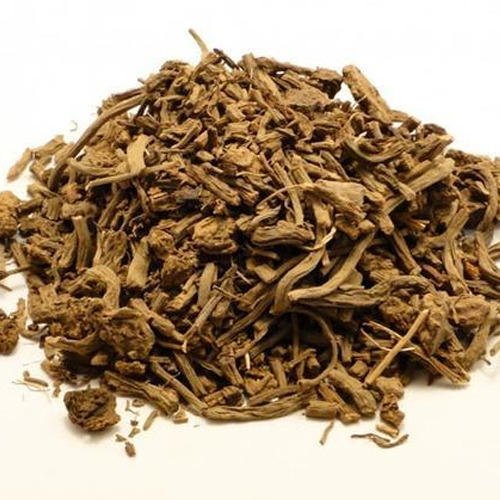Lemon Balm is a perennial herb in the mint family known for its lemon-scented leaves. It’s used both culinarily and medicinally, with a history of use dating back over 2,000 years. Here’s an extensive look at its health benefits, medicinal values, side effects, cautions, suggested dosage, and history.

History of Lemon Balm
-
Ancient Use: Used in ancient Greece and Rome for its medicinal properties. Greek physician Dioscorides praised its benefits for digestive issues and melancholy.
-
Medieval Period: Widely cultivated in monastic gardens. Hildegard of Bingen, a notable medieval herbalist, recommended it for heart palpitations and anxiety.
-
16th Century: Paracelsus, a renowned physician, considered it a rejuvenating herb. Lemon balm was a key ingredient in the “Carmelite water,” an alcohol-based tonic used by French Carmelite nuns.
-
Modern Use: Recognized in contemporary herbal medicine for its versatile health benefits, especially in treating anxiety, sleep disorders, and digestive problems
Health Benefits and Medicinal Values
Anxiety and Stress Reduction
-
Calming Effects: Lemon balm is well-known for its calming properties. It can help reduce symptoms of anxiety, stress, and nervousness.
-
Mechanism: Contains rosmarinic acid, which inhibits GABA transaminase, increasing GABA levels in the brain.
Improved Sleep
-
Insomnia: Lemon balm is often used to treat insomnia and other sleep disorders, promoting relaxation and deeper sleep.
-
Combination Use: Frequently combined with valerian root for enhanced sleep-inducing effects.
Digestive Health
-
Antispasmodic Properties: Helps relieve symptoms of indigestion, bloating, and colic by relaxing gastrointestinal muscles.
-
Carminative Effect: Eases gas and bloating, supporting overall digestive health.
Cognitive Function
-
Memory and Concentration: Preliminary studies suggest lemon balm may improve cognitive function, memory, and concentration.
-
Neuroprotective: Contains antioxidants that protect brain cells from damage.
Antiviral Properties
-
Cold Sores: Topical application can help treat herpes simplex virus (HSV) infections, reducing the severity and frequency of outbreaks.
-
Mechanism: Exhibits antiviral activity due to compounds like eugenol and tannins.
Antioxidant and Anti-inflammatory Effects
-
Free Radical Scavenging: Rich in antioxidants, lemon balm can help combat oxidative stress and inflammation.
-
Chronic Diseases: Reduce the risk of chronic diseases associated with inflammation and oxidative stress.
Menstrual Cramps and PMS
-
Pain Relief: Its antispasmodic properties can help alleviate menstrual cramps and other symptoms of premenstrual syndrome (PMS).
Heart Health
-
Blood Pressure: May help lower high blood pressure due to its relaxing effect on blood vessels.
-
Lipid Profile: Some evidence suggests it might improve cholesterol levels.
Side Effects and Cautions
-
Common Side Effects: Generally well-tolerated, but some may experience nausea, dizziness, abdominal pain, and allergic reactions.
-
Thyroid Function: Those with thyroid disorders should use caution, as lemon balm can interfere with thyroid hormone levels.
-
Pregnancy and Breastfeeding: Not enough evidence to ensure safety; consult a healthcare provider.
-
Drug Interactions: Can interact with sedatives, thyroid medications, and antiretroviral drugs. Always check with a healthcare professional if you are on medication.
Suggested Dosage
-
General Anxiety and Sleep Aid: 300-600 mg of lemon balm extract taken up to three times daily.
-
Insomnia: 600 mg before bedtime, often in combination with other herbs like valerian.
-
Topical Use for Cold Sores: Apply a cream containing 1% lemon balm extract several times a day to the affected area.
-
Tea: 1-2 grams of dried lemon balm leaves per cup of tea, consumed up to three times daily.



